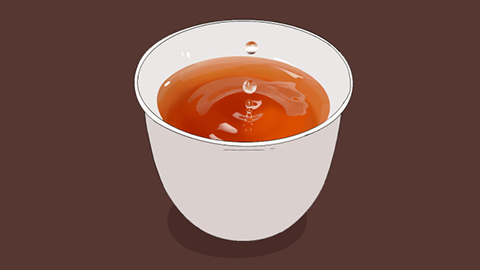What should patients with prostatitis avoid eating?
Generally, prostatitis patients should avoid consuming spicy peppers, alcoholic beverages, fried chicken, chilled beverages, strong tea, and certain medications such as ibuprofen tablets, atropine tablets, prednisone tablets, tetracycline tablets, and aminophylline tablets. Detailed explanations are as follows:
1. Foods
1. Spicy Peppers: Contain capsaicin, which strongly irritates the prostate and urinary tract mucosa, causing congestion and swelling of the prostate, exacerbating inflammatory responses, and possibly triggering symptoms such as frequent urination, urgency, and painful urination, which are detrimental to recovery.
2. Alcoholic Beverages: Alcohol dilates blood vessels, causing congestion in the prostate area, worsening inflammation, potentially affecting drug metabolism, reducing treatment effectiveness, and the irritation of alcohol on the body also interferes with the normal healing process of the prostate.
3. Fried Chicken: High in fat, difficult to digest, increases the body's metabolic burden, and harmful substances may be produced during high-temperature frying, irritating the prostate, which is unfavorable for inflammation resolution and may also affect the patient's overall physical condition.
4. Chilled Beverages: Low temperature irritates the gastrointestinal tract and prostate, causing vasoconstriction of the prostate blood vessels, affecting local blood circulation, possibly worsening inflammatory congestion, triggering or exacerbating perineal discomfort and difficulty urinating.
5. Strong Tea: Contains significant amounts of caffeine and theophylline, which stimulate the central nervous system and urinary system, possibly causing prostate excitation and congestion, aggravating inflammatory responses, and strong tea may also affect the absorption of certain medications, reducing treatment effectiveness.

2. Medications
1. Ibuprofen Tablets: Belong to non-steroidal anti-inflammatory drugs; although they have pain-relieving and anti-inflammatory effects, long-term or excessive use may irritate the gastrointestinal mucosa and affect local blood circulation in the prostate. Some patients may experience worsened urinary discomfort after use.
2. Atropine Tablets: Are anticholinergic drugs that inhibit detrusor muscle contraction of the bladder, leading to weakened bladder voiding function, possibly causing or worsening urinary retention. Patients with prostatitis may already have difficulty urinating, and the use of atropine can further exacerbate the condition.
3. Prednisone Tablets: Belong to glucocorticoids; long-term use suppresses immune function, potentially leading to the spread of inflammation and worsening prostate infection. They should only be used short-term by a physician in special cases.
4. Tetracycline Tablets: Some prostatitis patients are not sensitive to this medication; blind use not only fails to control inflammation but may also lead to bacterial resistance, affecting subsequent treatments. Additionally, this drug may cause gastrointestinal discomfort and increase the body's burden.
5. Aminophylline Tablets: Contain caffeine, which stimulates the central nervous system and urinary system, causing prostate congestion, worsening inflammatory responses, and possibly irritating the bladder, leading to symptoms such as frequent urination and urgency, which are detrimental to the recovery of prostatitis.
Prostatitis patients should maintain a bland, easily digestible diet in daily life, consume more fresh vegetables, fruits, and high-quality protein, and develop good living habits, avoiding prolonged sitting and staying up late, and maintaining a regular schedule.








